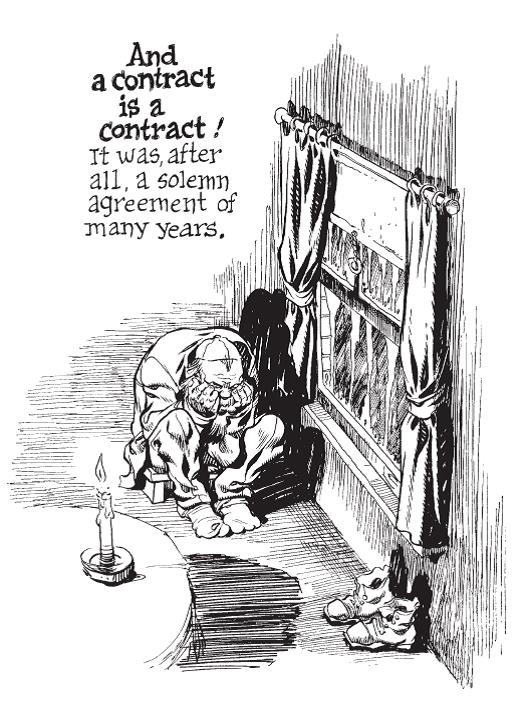Epistulae Morales ad Lucilium or Moral letter to Lucilius called ‘Letters from a Stoic’ is a collection of 124 letters from Seneca, an early stoic philosopher, to his brother Lucilius that he exchanged during his last years of life recollecting his learnings and philosophical beliefs.
‘Letters from a stoic’ is my first book in stoic philosophy, and it was unexpectedly easy to follow. The letters are short yet deep and profound, like books of philosophy being summarised in each line. I read some additional articles to understand his authoritative position and his relationship with his brother, which gave me more context to the letters. In the initial letters, Seneca talks about vice and it’s punishments. He believed that people of his day were following cults of ISIS and Christianity to satisfy their religious hunger, and hence philosophy needed to be spiritualized.
Philosophy has a single task of discovering the truth about the divine and human worlds. Philosophy has taught man to worship what is divine, to love what is human, telling us that with the gods belongs authority, and among human beings fellowship.
Seneca
Seneca said “A philosopher’s words should speak to our condition” signifying, that he wanted to lay a path for his generation as well as for future generations. He viewed philosophy as a core truth of life experiences, that would be the same for people irrespective of their beliefs and privileges. Seneca says that it’s not just the known philosophers that are teaching philosophy, but the artist and the poets as well. As philosophy is no one man’s word but for and of everyone. Seneca makes a good argument about how an individual should take charge of what they are being taught and told, and be a teacher themselves instead of passing the word as a redundant learner or a listener. He says one must understand the depth of what he is learning and explain it in his own words according to his understanding.
This is why I look at people like this as a spiritless lot – the people who are forever acting as interpreters and never as creators, always lurking in someone else’s shadow. They never venture to do for themselves the things they have spent such a long time learning. It is one thing, however, to remember, another to know.
Seneca
I found the viewpoints expressed quite modern, which is why presumably, it is said that he wrote for future generations. His views about friendship, traveling, and physical fitness, etc. are quite relevant to us. He pushes on the process of building a friendship rather than just gaining a friend for need and the importance of having a friend for an individual no matter how content they are in their life.
Some things that I did not fully understand at first were Seneca discounting the idea of the wisdom of a person compensating for their physical shortcomings. He says that there are shortcomings in every human being that cannot be covered by wisdom. If it could be, wisdom would be dominion over everything else in this world. I agree with it to some extent, however, I need a followup on that to understand it better.
No amount of wisdom, as I said before, ever banishes these things; otherwise – if she eradicated every weakness – wisdom would have dominion over the world of nature.
Seneca
Another noteworthy lesson from the books is owning up to your mistakes and setting them right. The idea of self-awareness and the importance of introspection for a human to set straight the faults and shortcomings of his/her actions make the consequences more manageable and enduring.
For a person who is not aware that he is doing anything wrong has no desire to be put right. You have to catch yourself doing it before you can reform. Some people boast about their failings: can you imagine someone who counts his faults as merits ever giving thought to their cure? So – to the best of your ability – demonstrate your own guilt, conduct inquiries of your own into all the evidence against yourself.
Seneca
As to summarize, I have a lot more quotes to share from this book, which I plan to share in the monthly quotes post. I would recommend this book to anyone who wants to start reading the philosophy genre or is interested in reading about early Greek philosophy. It’s definitely a heavy book, but a comparatively easy read. Another reason to read this book given by Seneca:
A person teaching and a person learning should have the same end in the view: the improvement of the latter. A person who goes to a philosopher should carry away with him something or other of value every day; he should return home a sounder man or at least more capable of becoming one.
Seneca




